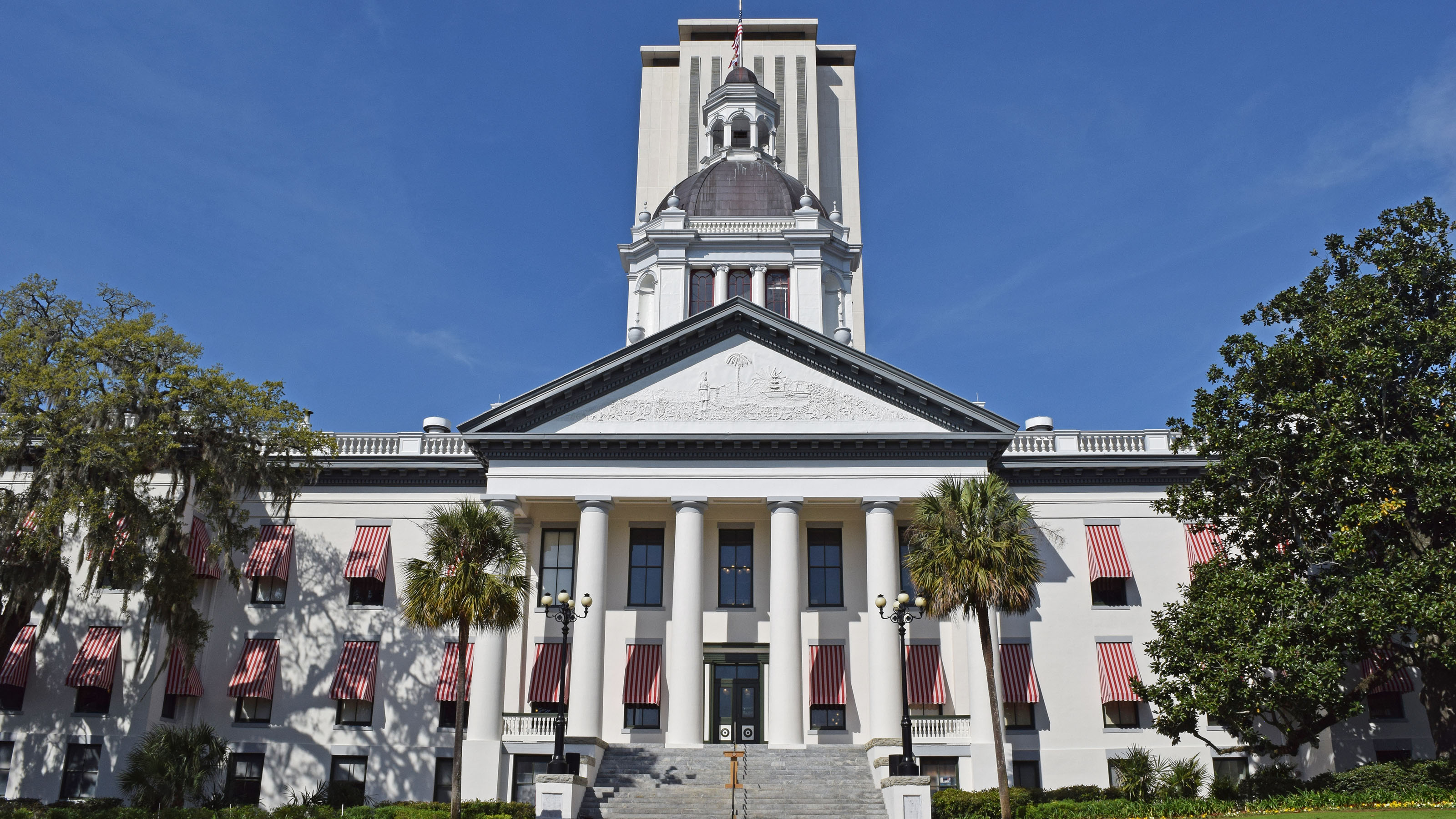
Following severe storms and flooding in Florida, the IRS extended the tax deadline for affected Florida residents. The IRS announcement that some in Florida have more time to file their 2022 federal tax returns notably comes after Tax Day. The tax deadline extension also comes as Florida lawmakers consider whether to pass $1.5 billion in proposed state tax cuts. (The Florida House unanimously passed a tax cut bill that lawmakers say could save state residents an estimated $1.48 billion).
Republican Rep. Stan McClain, chair of Florida's House Ways and Means Committee, wanted a bill that helped Floridians. “That was the litmus test — does this provide relief to the consumer?” McClain said in a statement.
The IRS tax deadline extension for Florida was prompted by heavy rainfall (i.e., 30 inches within 24 hours) rainfall over parts of South Florida from April 12 to April 14, which caused extreme flooding in Broward County. The storms caused significant water damage and a temporary closure of the Fort Lauderdale-Hollywood International Airport. Flash flooding reportedly caused most of the damage.
New IRS Tax Deadline for Florida Storm Victims
The IRS has extended the tax deadline from April 18 to Aug. 15 for Florida residents impacted by severe storms. As a result, directly impacted taxpayers have until Aug. 15, 2023, to file their 2022 federal tax returns or make federal tax payments that would normally be due between April 12 and Aug. 15, 2023. Florida taxpayers who missed the April 18 Tax Day deadline still have time to file their tax returns without facing penalties.
The Florida tax deadline extension follows IRS tax deadline extensions for storm-impacted taxpayers in several other states, including California, Georgia, Alabama, Tennessee, Mississippi, Arkansas, New York, Indiana, and Oklahoma. (However, not all these areas have an extension until Aug. 15.)
What areas of Florida qualify for the tax deadline extension?
Any area designated by the Federal Emergency Management Agency (FEMA) as a result of the severe storms from April 12 to April 14 qualifies for the deadline extension. At this time, Broward County is the only county identified by the agency. However, taxpayers can visit the IRS’s Disaster Relief page for up-to-date information on federally declared disaster areas.
What if you live outside of that county?
If you live outside of the disaster area but had records located in the affected areas that impact your ability to file taxes, contact the IRS at 1-866-562-5227.
HSA and IRA contribution deadlines
Most people had until April 18 to contribute to their IRAs and health savings accounts (HSAs) for 2022 but impacted Florida residents now have until Aug. 15 to make contributions and lower their taxable income. Just be sure to check IRA contribution limits and HSA contribution limits so you don’t contribute more than the maximum amount.
Estimated tax payments
The extended deadline means that Florida residents impacted by the severe April storms also have until Aug. 15 to make any estimated tax payments due between April 12 and August 15. Federal estimated tax payments would have been due April 18 and June 15, but impacted residents will not face penalties as long as payments are made before Aug. 15, 2023.
If you can't file by Aug. 15
Affected Floridians who cannot file by the new Aug. 15 deadline can still request a tax extension. However, tax extension requests must be made by filing a paper Form 4868 since e-filing for tax extensions isn't available after the original April 18 deadline. Filing the extension request will give qualified Florida residents until Oct. 16 to file tax returns. Impacted residents must still pay any taxes due by the Aug. 15 deadline.
Other Florida Tax Relief: $1.5 Billion Tax Cut Package
While the IRS tax deadline extension applies to residents directly impacted by the recent flooding, Floridians across the state may be able to look forward to other tax relief. The Florida House unanimously passed a tax cut bill (HB 7063) that would save state residents an estimated $1.48 billion in taxes. The proposed tax cut bill includes sales tax exemptions as well as scheduled sales tax holidays. Baby products would become exempt from sales tax, as would some energy-saving appliances.
Business owners would also reportedly benefit from the tax cut bill. If passed by the state Senate, the legislation would reduce the tax burden for small businesses, many of which struggled to stay afloat after experiencing the impacts of the COVID-19 pandemic and inflation. Estimates are that the legislation could save Florida businesses $39.5 million in rent tax.
The Florida Senate has its own version of a tax cut bill that would save Florida taxpayers less — not quite $1 billion. The Florida House and Senate will negotiate provisions of the massive tax cut bill this week since the Florida Senate’s regular session is scheduled to end on Friday, May 5.







